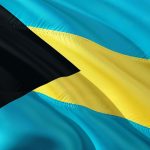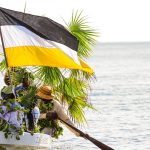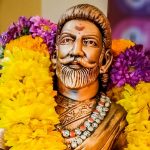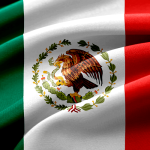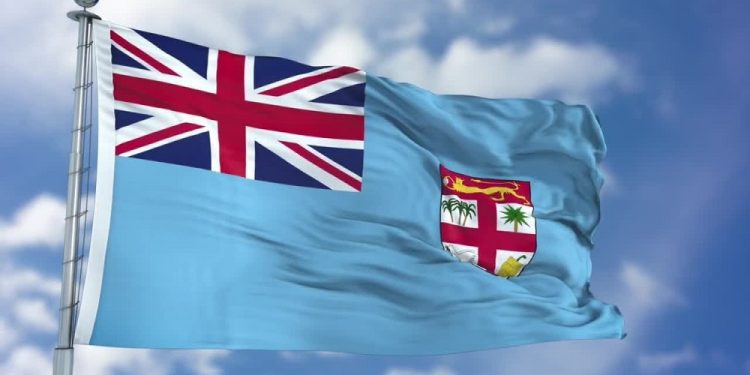
Fiji Day
Observed on October 10th annually, Fiji Day is a national holiday in Fiji that marks the anniversary of the cession to the UK in 1874 and its independence in 1970. This holiday is the culmination of a whole week of festivities observed during Fiji Week. Fiji Week celebrates the religious and cultural diversity of Fiji.
The History of Fiji Day
To properly discuss the importance and significance of Fiji Day, we’d like to travel back 3,500 years to when the first settlers arrived on the island from the islands of Melanesia. These people brought with them a style of pottery known as Lapita ware, as well as a wide variety of food plants and pigs.
These people created a hierarchical society where leaders were chosen according to rank and organized by kinship and residence. The first European to sight the Fiji islands was Dutch explorer Abel Janszoon Tasman, who in 1643 passed the northeast fringe.
In 1774, Captain James Cook passed the southeastern islands, and in 1789, Captain William Bligh traveled through the group in his open longboat after the HMS Bounty mutiny. Captain Bligh would return to explore the area in 1792.
With the discovery of sandalwood in the 19th century, commercial interest in the islands arose. By the middle of the 19th century, European settlers visited the island to establish cotton plantations. Greed, tribal conflicts, and conflicts between natives and Europeans led to Fiji becoming a British crown colony.
This occurred on October 10, 1874. Sir Arthur Gordon became the first governor and saw himself as the protector of the people of Fiji. He enacted policies that limited political and commercial developments and banned the sale of Fijian land.
Fast-forwarding to the 1960s, there began a constitutional development towards the independence of Fiji. This was a response to British and more broadly international pressures placed upon Fiji rather than any internal forces brewing in the island nation.
The 1966 constitution was a compromise between the ethnic division in the country and parliamentary democracy. Fijian land rights, first guaranteed by the Deed of Cession in 1874, received constitutional protection, and Fijian chiefs were given vetoes in matters important to Fijians’ status as well as the constitution.
The constitution effectively gave power to Fijian politicians, as long as the Fijian vote remained unified. As a result, independence was finally achieved on the 96th anniversary of the cession on October 10, 1970.
Observing Fiji Day
Fiji Day is observed with cultural and religious ceremonies. It marks the end of Fiji Week—a week observed by events that focus on the unity between two ethnic cultures, Indian and Fijian. People of various faiths also observe their own traditions during the week—regardless of whether they are Muslim, Christian, or Hindu. Other celebrations include eating local dishes, singing, and dancing.
